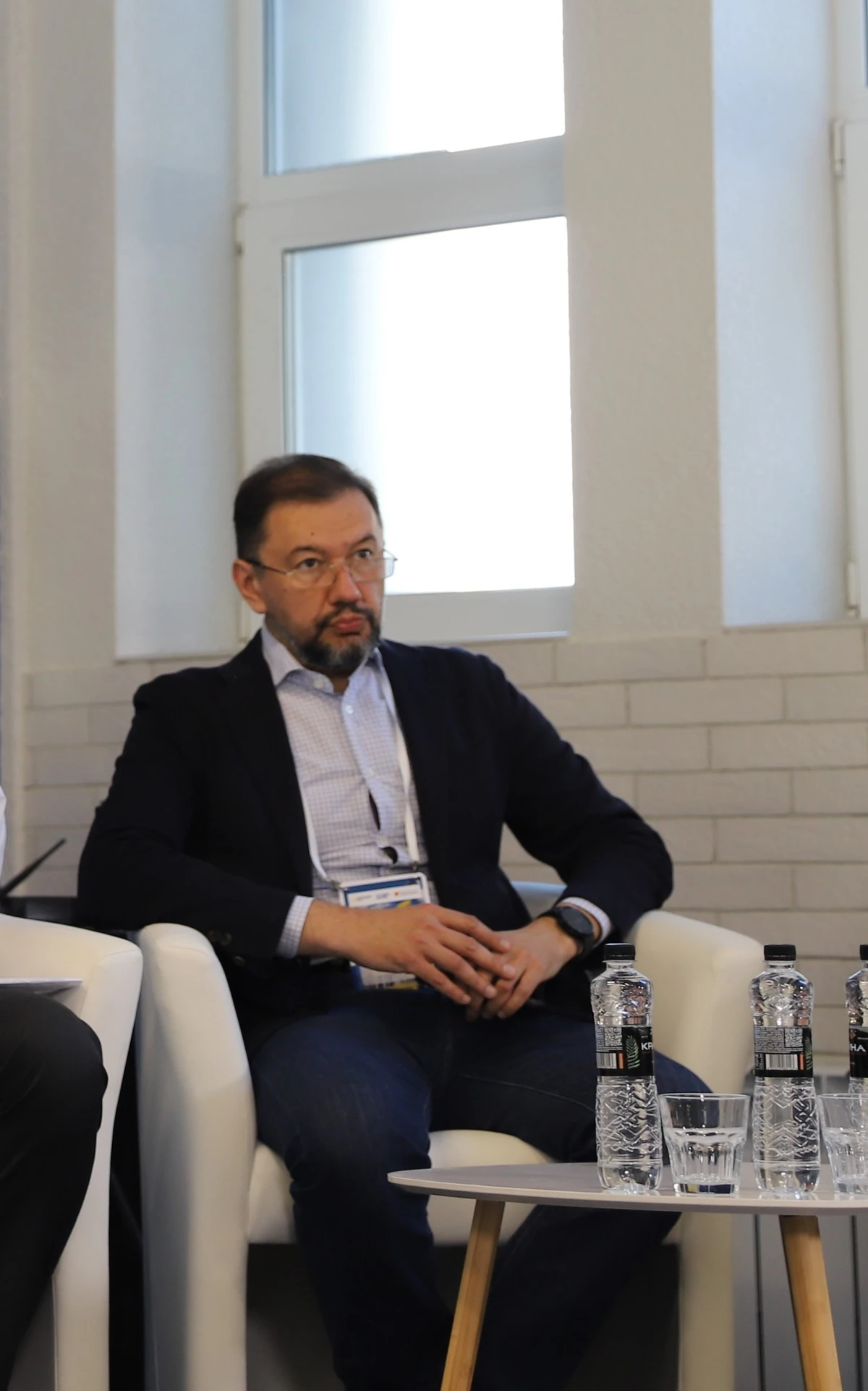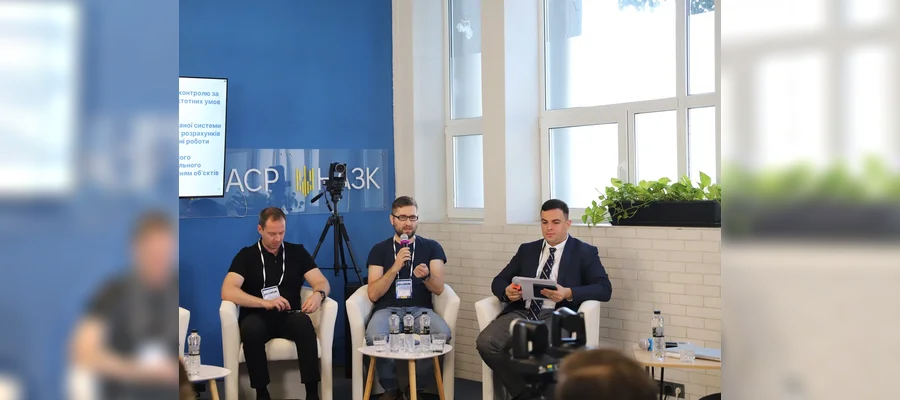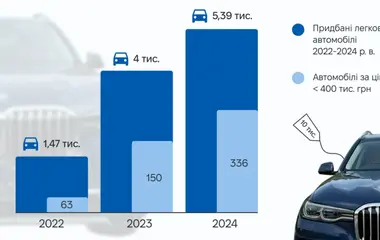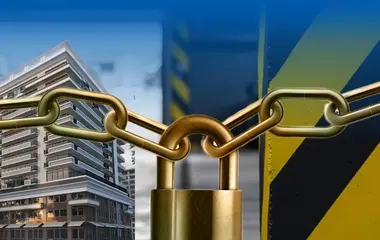The National Agency on Corruption Prevention (NACP), together with the State Audit Service of Ukraine and the Basel Institute on Governance, with support from Switzerland, presented a study entitled ‘Corruption Risks in the Construction, Reconstruction and Major Repair of Civilian Facilities for the Recovery of Ukraine.’ based on which experts provided comprehensive recommendations for eliminating the most common corruption risks in the field of reconstruction.
NACP sent the study to the Verkhovna Rada of Ukraine and relevant ministries, emphasising that only an active stance by central executive bodies in implementing the recommendations will make it possible to minimise the identified corruption risks and increase the transparency and efficiency of Ukraine's recovery process.
"The main problem in this area is the lack of a framework law that would, in particular, define the basic principles of the reconstruction process and establish clear standards of conduct for all participants. The law should establish criteria for prioritising objects and introduce a single, mandatory IT platform that would record every step at all stages of the reconstruction of an object. Corruption also stems from paper-based document flow at certain stages of project implementation and the lack of state architectural and construction quality control of work performed on sites due to a moratorium on scheduled and unscheduled state supervision (control) measures," said Serhii Hupiak, deputy head of the NACP.

We also draw attention to the need to develop and submit to the Cabinet of Ministers of Ukraine a draft law that will determine:
- legal and organisational requirements for the process of reconstruction/recovery of Ukraine after large-scale destruction caused by the armed aggression of the Russian Federation;
- clear and transparent criteria for selecting projects for reconstruction;
- measures to monitor and control the reconstruction/restoration process;
- mandatory digitisation of procedures related to the implementation of projects at all stages of reconstruction;
- uniform requirements for calculations and uniform rules for documentary evidence (including disclosure of all cost components) and financing of all expenses related to the construction and restoration of facilities.
"The lack of comprehensive legislative regulation in the field of restoration increases the risks of abuse and subjective decision-making during project implementation. Moreover, the very concept of reconstruction has not yet been enshrined in law. Back in 2024, the then Ministry of Reconstruction, with the participation of a large number of stakeholders, prepared a draft law on the basic principles of reconstruction. However, the Ministry of Regional Development has not yet submitted the legislative initiative, which would serve as a roadmap for the country's recovery, to parliament for consideration. But we call for this work to be intensified and, on the basis of our committee, we are ready to continue working on this draft law, involving civil society, experts, donors and partners in its finalisation, if necessary," said Olena Shuliak, Member of Parliament and Chairwoman of a Committee in the Verkhovna Rada for the Organization of the State Power, Local Self-Government, Regional Development and Urban Planning, at the presentation of the study.

Oleh Bondarenko, Chairman of the Committee on Environmental Policy and Nature Management, added that Ukraine's recovery should be based on the principles of ‘build back better, build back greener,’ i.e., on the principles of efficiency, sustainability and environmental friendliness.
NACP proposes to complete the implementation of building information modelling technologies in Ukraine.
Training should be provided for specialists and customers to standardise understanding of the principles of applying these technologies at all stages of reconstruction projects. Another issue highlighted by the NACP in its research is reconstruction through so-called experimental projects. These are implemented outside standard legislative procedures and are subject to temporary special regulations.
These regulations are usually developed under time constraints and with incomplete information, which reduces the transparency of the processes.
"The National Agency recommends legislating unified approaches to the functions and reporting of technical supervision engineers and consultants, whose activities currently involve many problems and risks. We also propose introducing mandatory price monitoring in construction and creating a unified electronic system of market price data, which will be updated in real time," said Olena Kryvoshey, Head of the Anti-Corruption Policy Implementation Department in the field of recovery and social and humanitarian affairs at the NACP.
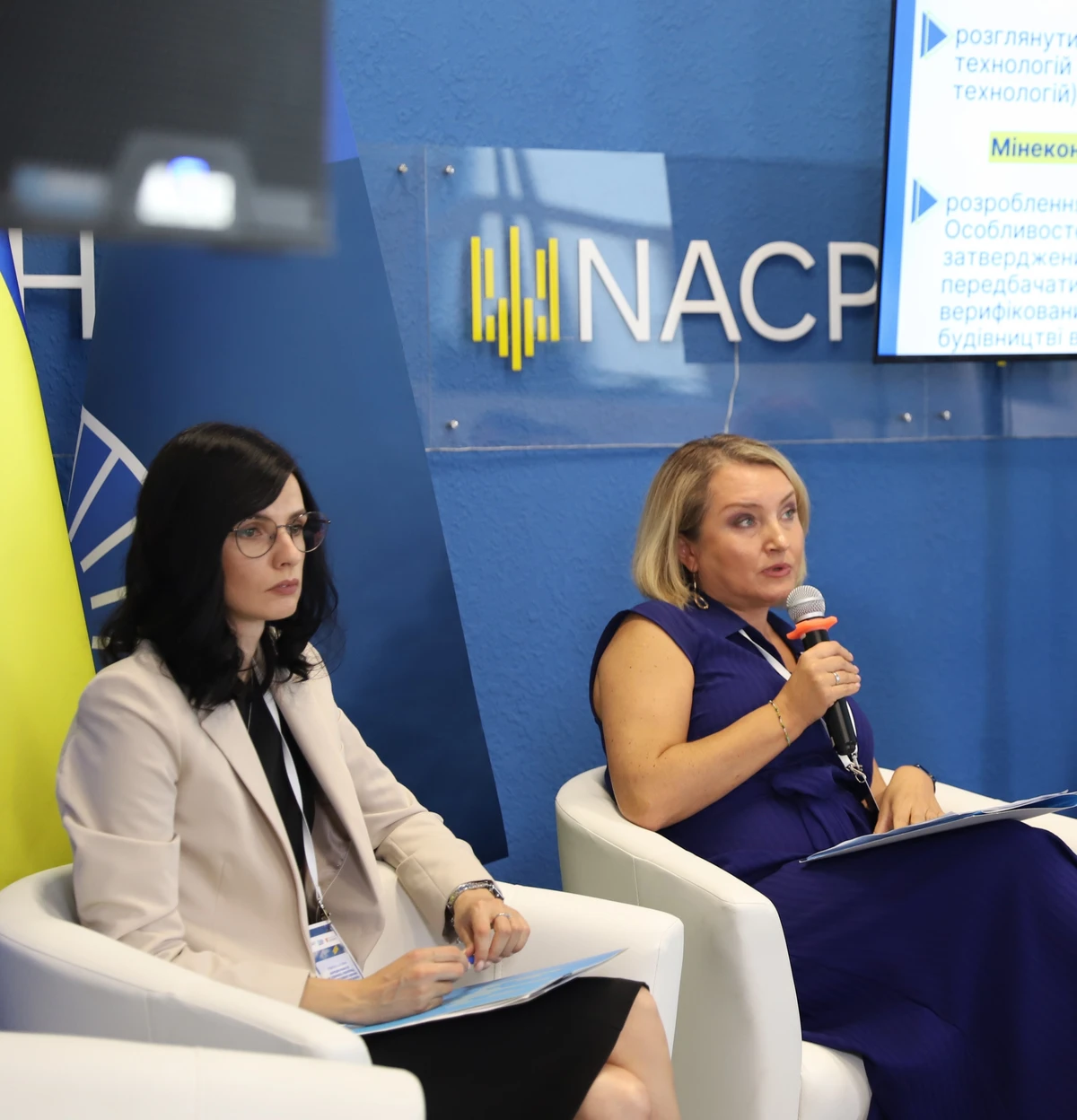
In addition, the establishment by public procurement customers of unjustifiably strict or overly detailed qualification requirements, in particular regarding experience, the availability of specialised equipment or other resources, as well as the late or selective publication of the full tender documentation, significantly reduces the level of open competition.
‘Customers may include in the tender documentation requirements for specialised equipment that is not necessary for the performance of the work, or require an excessive number of documents or specific experience that is also not necessary for the implementation of a particular project. This increases the risk of concluding contracts with pre-determined contractors,’ said Dmytro Shevchuk, Deputy Head of the State Audit Service of Ukraine.
Unjustified setting of the cost of related services in construction, as well as the lack of clearly defined requirements for their content, scope and quality, create conditions for the inefficient use of budget funds.
According to Ivan Fedorov, head of the Zaporizhzhia Regional Military Administration, legislative changes, in particular, should take into account the possibility of contractors making a profit.
‘Currently, the design and estimate documentation for reconstruction does not take into account the profitability of contractors. This is wrong. The legislation should stipulate that contractors receive certain funds for the work performed. After all, it is profit that is included in the inflated cost of materials and other abuses,’ said Ivan Fedorov.
The study was prepared jointly by the State Audit Service of Ukraine and the Basel Institute on Governance as part of the project ‘Supporting the fight against corruption and asset recovery’ with the support of the Government of the Swiss Confederation.
The study is available at link.
A video recording of the presentation of the study can be viewed here.
